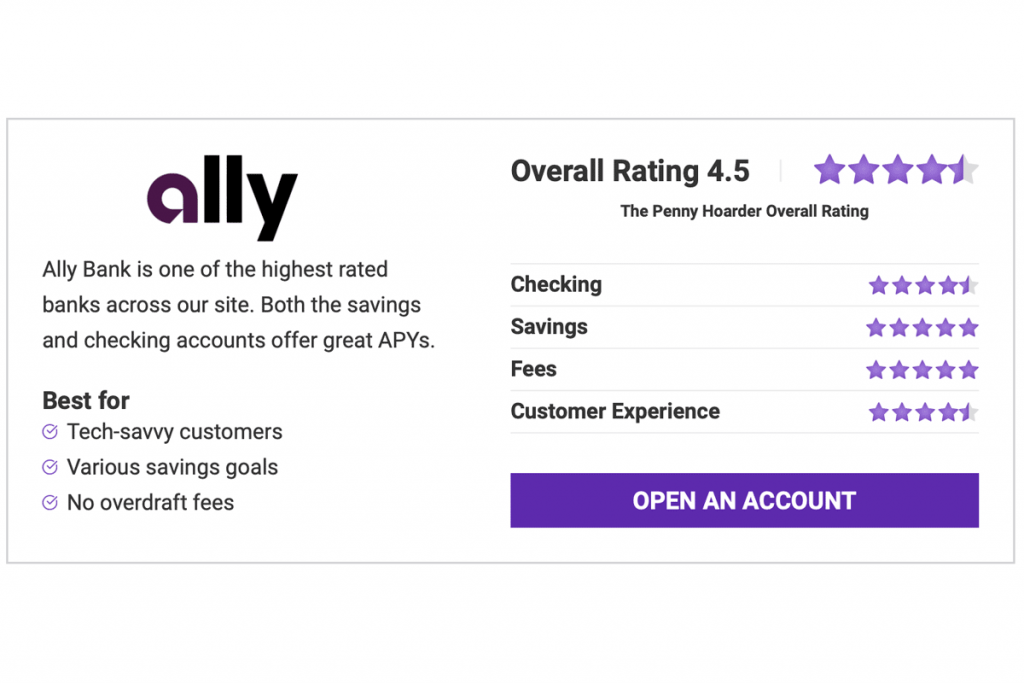You know you’re supposed to buy low and sell high when you invest, so a bear market should be a bargain sale. A bear market is generally defined as a drop of 20% or more from recent stock market highs. The S&P 500, often used as a benchmark for the overall U.S. stock market, has been hovering around bear market territory for the latter half of 2022.
While everyone wants to buy low and sell high, you may be tempted to do the opposite when the reality of a bear market sets in. It’s tough to throw your money into your 401(k) or individual retirement account (IRA) each month and watch the balance sink. And if you’re worried about a recession or a layoff on top of a bear market, clinging to cash can seem extra appealing.
So which should you do during a bear market: Save your cash or invest more? Keep reading to determine which option is right for you.
Saving vs. Investing in a Bear Market: Which Should You Choose?
Before we go any further, let’s be clear: We’re not suggesting you stop investing due to a bear market.
Practicing dollar-cost averaging, in which you invest a certain amount at regular intervals — like each pay period or month — regardless of the stock market’s performance has historically been a winning strategy. Also, taking advantage of your employer’s 401(k) match is always a smart approach unless you’re struggling to pay for basic expenses.
So the question isn’t “Should I invest in a bear market?” It’s “Should I invest extra during a bear market?” Or “Should I save my extra cash?”
The answer may be “neither” if you’ve got debt.
If you have high-interest debt — think anything over the 6% to 8% range — like credit cards or a private student loan, paying that off first may be the best move. Paying down a mortgage or a car loan is a lower priority, assuming you’ve locked in low interest rates.
When to Save More in a Bear Market
Buying stocks on sale during a downturn can be a smart move, but you may want to cling to cash in the following scenarios.
Your Emergency Fund Is Lacking
The goal of investing is to build wealth over the long haul. But you can’t fund your goals decades in the future if you couldn’t afford an emergency that arises tomorrow.
Before you start investing extra, make sure you have at least a three-month emergency fund. The ultimate goal you want to save for is a six-month emergency fund, but once you get to the three-month minimum, you have a bit of wiggle room. From there, you might consider splitting extra money between savings and investments.
An emergency fund serves as a safeguard for your investments. If you have to sell during a bear market because you have an unexpected need for cash, you could lose money. Plus, if the money was invested in a retirement account, you could face a 10% early withdrawal penalty and a hefty tax bill.
You’re Planning a Major Purchase or Expecting Your Expenses to Rise
Money that you expect to need within the next couple of years doesn’t belong in the stock market because of the short-term ups and downs. So if you’re planning a major purchase, like a home or a car, consider putting extra money toward savings. With more interest rate hikes expected in 2023, you may want to put more money down to save on your monthly payments.
Likewise, if you’re expecting your living costs to increase dramatically in 2023, hang on to your cash. For example, if you live in an area where rents are skyrocketing or you’re expecting a child, building a bigger cash buffer makes sense.
Another factor to consider: Though the federal student loan moratorium remains in effect going into 2023, those payments will resume at one point. If you’re not sure you can afford your current expenses on top of student loan payments, think twice before investing your extra money.
You’re Worried About a Layoff
If you work in a sector that’s performed poorly in recent months (think tech or real estate), your job could be easily automated or you’ve heard rumblings that your company is on shaky footing, now is the time to up your savings. Prioritize a six-month emergency fund before you start investing more.
When to Invest More in a Bear Market
If none of the three scenarios above apply, now could be the time to put more money into investments. But wait! Invest your extra money during a bear market only if these three things are true.
You’re Prepared for an Emergency
You don’t want to be forced to cash out on investments because it’s the only way to pay the bills. So make sure you’re prepared for an emergency before you ramp up your investing.
How do you know if you’re prepared for an emergency? There’s no blanket rule here. If you’re young, healthy, have a stable job and don’t have children, you may be able to skate by with a three-month emergency fund. But if you have health problems, you’re worried about your job and you’re supporting multiple dependents on a single paycheck, you may want to save any extra cent you get, even if you have a six-month emergency fund.
You Aren’t Worried About Short-Term Performance
Trying to pinpoint the low point of the market is a losing game. The stock market may be down about 20% year to date as of mid-December 2022. But would you be OK if you invested extra money and the market tanked by another 20%?
If the answer is “no,” keep investing as usual. Don’t double down on investing just because you think you’ve identified the bottom.
You Have a Long Time Horizon
When you don’t expect to need your money for a decade or longer, you can afford to put more money in the stock market. But if you’re hoping to retire soon or you’ll need the money for your kid’s college tuition next year, extra caution is warranted. A poorly timed stock market crash can devastate even the most steadfast retirement planning.
If you expect to make withdrawals in the next couple of years, you want extra cash reserves. That way you can pay for your needs without selling investments while they’re down and give them sufficient time to recover.
Robin Hartill is a certified financial planner and a senior writer at The Penny Hoarder. She writes the Dear Penny personal finance advice column. Send your tricky money questions to [email protected]
Credit: Source link














